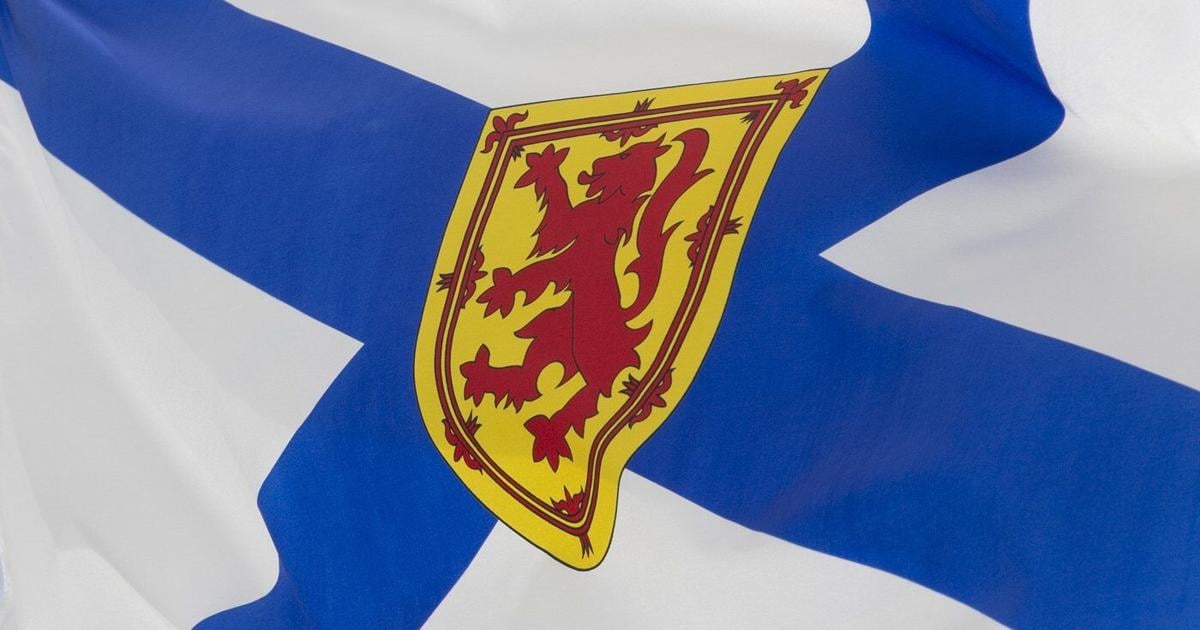HALIFAX – Uncertainty is a key theme this year at the annual, three-day gathering in Halifax of political leaders, defence officials and policy analysts who aim to promote democratic values around the globe.
The 300 delegates from 60 countries will take part in the Halifax International Security Forum, which begins Friday, less than three weeks after Donald Trump’s United States presidential election victory — a result that has raised questions about U.S. military support for the threatened democracies of Ukraine and Taiwan.
Over the past two years, Trump has repeatedly taken issue with the almost $60 billion in assistance to Ukraine provided by U.S. President Joe Biden’s administration, and he’s made vague vows to end the war. The president-elect has also been unclear if his upcoming administration would defend Taiwan in the event of an invasion by China, and has suggested the self-governed island “should pay us for defence.”
Peter Van Praagh, president of the forum, said in an interview Wednesday that in November 2016 — after Trump’s first ascent to the White House — there was “a level of shock that this could happen,” but he said this year shock has been replaced with a feeling of incertitude.
“One of the things that the president-elect Trump brings to the table is a level of uncertainty …. Now everybody is looking to reduce that uncertainty and get some type of clarity on what his priorities will be,” he said.
Van Praagh expects the speakers at the 16th forum will present evidence justifying why the Trump administration must continue Biden’s financial and military support for Ukraine, arguing that the security of democracies around the globe depends on it.
He said he’s pleased former Taiwan president Tsai Ing-wen will deliver a speech Saturday, which is expected to emphasize how U.S. support for Ukraine is crucial to the security of her country and its democracy.
Tsai left office in May. During her two terms in office she came under frequent attack from China for her refusal to recognize Beijing’s claim of sovereignty over the island.
Van Praagh said the politician — who remains an influential figure in the ruling Democratic Progressive Party — is expected to describe how the threat from China isn’t isolated from the conflict in Central Europe. “All of these things are connected. Ukrainian security is connected with security in eastern Asia,” he said.
Van Praagh said he hopes speakers at the forum help to influence members of the U.S. congressional delegation on the importance of backing Taiwan and Ukraine.
In 2016, former Republican Sen. John McCain was a prominent and influential figure in Washington, and he regularly attended the Halifax security forum — bringing the ideas he heard back to the Senate. An award has been given out in his name at the forum each year since he died in 2018.
This year, two Republican senators, James Risch of Idaho — who may chair the influential foreign relations committee after Trump takes office — and Mike Rounds from South Dakota are attending as part of the U.S. congressional delegation, along with four Democratic Party senators.
“These guys not only have a say, they have a vote,” said Van Praagh.
Risch will be a speaker at the opening session of the conference on Friday, along with Democratic Party Sen. Jeanne Shaheen from New Hampshire, as they discuss America’s role in the world. The opening day will also hear from Canadian Minister of Foreign Affairs Mélanie Joly, who will sit on a panel titled “Victory in Ukraine” alongside Rounds.
Other invited guests include Gen. Jennie Carignan, head of the Canadian Armed Forces, who will sit on a panel with U.S. Admiral Samuel Paparo, commander of the U.S. Indo-Pacific command, and Andrew Shearer, director of Australia’s Office of National Intelligence, on Saturday.
Many of the events over the forum’s three days, including a plenary session on threats to the Canadian Arctic from Russia and China, tie back to the conflict in Ukraine, and to whether Western democracies should continue to back the country.
“Should we succeed in Ukraine and push Russia out of Ukraine, every other international challenge becomes easier,” Van Praagh said. “If Russia succeeds, everything becomes more difficult.”
“The alternative is chaos and more war.”
This report by The Canadian Press was first published Nov. 21, 2024.
























